|
Dr Tom Cromarty Editor Interests: Paediatric Emergency Medicine, Medical Engagement and Leadership, Simulation, Quality Improvement, Research Twitter: @Tomcromarty |
Welsh Research and Education Network
WREN BlogHot topics in research and medical education, in Wales and beyond
Dr Celyn Kenny Editor Interests: Neonates, Neurodevelopment, Sepsis, Media and Broadcasting Twitter: @Celynkenny |
 Dr Rebecca Broomfield Here in South Wales we have Sony manufacturing plant based just outside Bridgend. They do a lot of work with the local community and have provided a lot of support for initiatives within the children’s Ward at the Princess of Wales Hospital. Because of this connection a group of paediatric trainees, including myself, were invited to spend the afternoon with their team learning about the different wellbeing initiatives which they have introduced for their employees. We also got to peek around their plant and all came out wanting a Raspberry Pi! Have they got a problem?Sony is a large company which has adapted and remodelled to make the factory and business viable in the current market. They are very flexible in their workforce and their production lines. They are able to upscale and descale production depending on demand and they have diversified in order to maintain the company. The have a variety of space which are able to be utilised for multiple things … but what about their workforce? The site which Sony currently occupies has expanded quickly with increasing number of staff and therefore a greater focus on them. Sony wants to make a quality product as their output and recognise that the staff which they employ are large contributors to the input variables contributing to a quality end product. The staff do shift work and are mainly local within south wales. Sony wanted to ensure that they remained a well thought of employer and therefore surveyed staff about their wellbeing. Prehaps more importantly they have responded to their staff survey with a variety of positive projects. What did they do?Physical HealthSony employees fed back that they did not feel that they had enough information to stay healthy. Sony have responded to this, as a good tech company should, by collecting data on the health of their employees. They have knowledge of the BMI’s of their employees, and promote their staff knowing their blood pressure and health status. They have managed to decrease their percentage of abnormal blood pressure readings over a 5 year period from 46% to 13% (a 33% reduction) simply by having the resources to make people more aware of their own health and its importance. Mental HealthResearch suggests that 1 in 4 people suffer a mental health problem each year. 55% of Sony employees surveyed stated that they would like more support and information on mental health. But beyond that it was also contributing to the companies work absences with 12% of short term absences and 32% of long term absences contributed to by mental health issues. They have then acted on the responses to their survey but providing things for both mental and physical health. Examples of the mental health initiatives include mental health awareness training for their managers teaching them how to recognise and support members of their teams suffering from mental health problems. They have introduced mindfulness workshops and created more informal ‘tea and talk’ events which also feature facilitated discussions on a variety of topics such as emotional intelligence and understanding triggers. They have responded to the employees wish to be more informed on their health by putting in sessions in the canteen focused on healthy eating, ensuring that their menu is well balanced and promoting the benefits of cooking. They have also increased the availability of physical health projects to their staff. They have fitness classes which are free of charge, that take place outside of normal working hours, they have a gym onsite with showers and changing facilities and promote taking part in events such as the Cardiff half. They have also focused on physical activity as a part of their team working days hosting a mini Olympics. They have access to a cycle to work scheme and have step challenges and a running club. As a part of all of this they have also remembered that a lot of their employees have families and have hosted family days out to encourage a positive work life balance for their team members. As well as the wellbeing initiatives they have also listened to the feedback from employees with regards to education and career progression. They have an onsite academy with well structures career pathways and modules to complete for career progression within a person’s interests. They have dedicated time to study and complete these. Importantly, Sony have recognised that some people do not want to progress through a career pathway, they want to turn up to work and be able to do the best job which they can. They have also therefore ensured that even if people do not want to progress through a career pathway they have relevant training and opportunities to keep them up to date within the role they are currently doing. Through the development of the education centre and career pathways Sony recognised that >70% of their employees report to and are managed by their first line supervisors. Therefore they have invested in providing them with appropriate training to coach and support the staff under them, whether it be on a production line or within a more managerial position. There senior executive is also regularly available to all staff, having a drop in breakfast session in the staff canteen. And finally, something which we can all relate to they have Sony version of the Greatix. Sony has some core company principles and all team members are invited to submit nominations for those who have fulfilled a key principle. The person who is selected nominated gets a reward, a picture on the wall detailing their achievement and which core principle they were nominated under but also, uniquely the person nominating also gets mentioned and recognised. It's working in Sony, so how can we bring some of this back with us into the NHS?While working as a trainee within the NHS is obviously different to working within Sony I feel that there are many points of good practise which can be effectively transferred in order to improve wellbeing and maintain a healthy workforce. We need to as a team embrace change, as numbers of trainees gets smaller, rota gaps get bigger and the demand for our service and skills increases we need to be ready to embrace the changes necessary to adapt to this. I have been privileged to work alongside a variety of extremely skilled healthcare professionals from nursing, pharmacy, physiotherapy and other allied health categories. The benefits of utilising this multidisciplinary team more effectively would be beneficial for the best use of our staff and improve work life balance and job satisfaction. As a profession we need to continue to support wellbeing initiatives and in fact expand on these from local teams all individually creating their own micro environment to deanery lead wellbeing initiatives. When I started working as a doctor it was not unusual to have a cake rota providing cake during a weekly teaching session or a breakfast journal club where you met to discuss a paper over coffee and croissants. While I am sat here writing this I am struggling to remember when this was last a regular feature of my job. Small gestures like this have the potential to contribute to a positive working culture and a sense of feeling valued within teams, both of which contribute to improved wellbeing. Like Sony we too can also focus on physical and mental health aspects. I know that the Calm app offer a year’s free membership for healthcare professionals with an NHS email address (go to: https://blog.calm.com/healthto benefit from this) Could this be promoted by our educational supervisors or Head’s of schools so that more people at least know that resources are available. Welsh Paediatrics have recently attempted to promote physical activity and a team mentality by suggesting people sign up to complete a trail half marathon – while this might be madness, it was promoted by our Head of School, was distributed via a HEIW email and demonstrates that our deanery recognises the importance of having different challenges outside of work to focus on, using these to draw us together creating a team environment and contributing to an increased sense of value. If you too want to sign up for something utterly stupid then the link is here: https://toughrunneruk.com/events/cardiff-trail-half-marathon/(note I am a VERY slow runner, I will come last and you would be welcome to join me at the back! I have been promised that no troll will be left behind!) We need to expand our Greatix system including recognising the people who regularly nominate people. While we do not have the budget which Sony has and will not have financial rewards or fancy tech available, the scattered systems which we have currently could be brought together, more centrally co-ordinated and recognised more effectively. Greatix works well in a lot of places but I feel we could expand this initiative significantly within Wales.
Another thing which we should take from Sony was the way which they handle feedback. They have links which employees can feedback anything at any point as well as regular access to the chief executive. They are also, and perhaps more importantly, excellent at feeding back to employees actions which they have taken based on feedback. As trainees we are often asked for feedback but rarely get any response or see any change from the feedback we have given. I know that our feedback is acted on but a more transparent way of communicating this could open channels of communication and once again increase a feeling a value, team work and promote an open culture. And finally, it’s not all about the trainees! As I become more senior within my training I am looking to my consultants for not only for clinical guidance but also looking at whether they are well supported, do they have a good work life balance, do they actually appear to enjoy their jobs??! As a deanery or school should we also be focusing on supporting the people who are supporting our trainees looking after their wellbeing and giving them the resources to be able to inspire the next generation of paediatricians.
1 Comment
Camille Roberts ST1 Why did we initiate the project?In paediatrics, as in other specialties, a large number of pre transfusion blood samples are rejected as a result of labelling and sampling errors. Over 200 paediatric pre-transfusion blood samples were rejected in UHW in 2018. We wanted to find out where errors were occurring and whether we could make any improvements. What did we discover?Questionnaires were completed by 43 staff members across paediatrics including senior and junior doctors and nurses. 49% had never received training or none within the last 3 years. 26% were ‘somewhat’ or ‘not at all’ confident with pre-transfusion sampling, and 79% admitted to having a sample rejected previously. We also undertook an audit of rejected Paediatric samples between March to May 2018. 45 pre-transfusion samples were rejected, of which 75% were due to labelling errors. The most common labelling errors were a lack of signature, date of birth, first line of address, and no declaration completed. What did we do?We have put together an informative poster with key points for pre-transfusion sampling, focussing on accurate labelling. This is located in treatment rooms and doctors’ offices across the children’s hospital, including theatres and paediatric A&E. It will also be provided to new doctors at induction. We are working on improving staff competency training rates and have had doctors trained as assessors to facilitate this. We will subsequently re-audit and repeat questionnaires to assess whether rates of sample rejection have improved. How is this relevant to paediatrics & elsewhere?Having to repeat blood samples following errors can be particularly emotive in Paediatrics. However, it is of relevance across all specialties as incorrectly labelled samples are more likely to lead to ‘wrong blood in tube’ errors, necessitate additional procedures for the patient, lead to delays in treatment, and add to staff workload. Any suggestions?If you have any suggestions or if you are interested in expanding the project to your area please get in touch, we would love to hear from you. Dr Camille Roberts (ST1 in Paediatrics) [email protected] Contributors to the project...Ann Patterson, Dr Sally Richards, Dr Ifeoma Ujomu, Samantha Mcwilliam
Dr Huw Davies ST5 #ChildhoodObestiy Welsh Obesity Society, @WelshObesity The Association for the Study of Obesity,@UK_ASO What if we faced an infectious disease outbreak that affected 25% or more of our paediatric population by age 5? 50-80% of those worst affected by it will carry the adverse effects for life. It is a key cause of chronic ill health, linked to Type 2 Diabetes, Sleep Apnoea, Cardiovascular Disease, and Stroke. Insidiously, it creates barriers that prevent those affected from engaging with its cure. It might shorten lives for 20 years or more and is set to create a huge drain on healthcare and social care funding. There would be surely be an outcry against such a plague, and we would marshal all of society’s resources to fight it.... This is the situation for the obesity outbreak, with the greatest implications being for children. In Wales, obesity adds significantly to the burden of disease for society’s poorest. A key thread running through the Child and Adult Obesity meeting, held on the 26thof June, was that childhood sets the trajectory for a lifetime, for the better or the worse. Lucy O’Loughlin (@oloughlin_lucy) from Public Health Wales (@PublicHealthW) presented the scale of the problem. Current surveillance at reception demonstrates clearly that while the proportion who are overweight and obese is stabilising (albeit at the highest levels in the UK), severe obesity is increasing in prevalence. 2/3 of those overweight in reception will be obese adults. Meanwhile parents stress over “skinny-looking” or “under-fed” children because we can no longer accurately picture how a child should look; only <1% of those entering reception class are underweight. Public Health Network Cymru: Obesity Public Health Wales Observatory: Obesity in Wales (2019)Public Health Wales: Overweight & Obesity Welsh Government Consultation Document: Healthy Weight: Healthy Wales BBC: Obesity overtaking smoking as biggest Welsh health risk 'GOOS'The findings of the Genetics Of (Severe) Obesity Study (GOOS) were presented by Dr Agatha van der Klaauw. Genetic screening approaches show potential to understand the mechanisms of weight gain and appetite in the most severe obese, particularly if presenting at an early age or associated with liver or gastrointestinal problems. Some genetic obesity syndromes are also associated with Autistic Spectrum Disorder; children with ASD already face a high risk of obesity because of their challenges with diet and engagement with physical activity. GOOS Useful Resources 'Connect'Aneurin Bevan Health Board are leading the way with “Connect”, a multidisciplinary service aimed at the most obese which provides intensive psychological, dietetic, behavioural and medical support for whole families. We heard from several members of their team, including Drs Hazel Baker and Naomi Swift (@ClinPsychNome) on the impact of cultural, social and psychological factors. Adverse childhood events are being highlighted over and over as serious contributors to poor population health and sadly in Wales we carry a high burden of these. Obesity is not the simple consequence of a lack of willpower, but is a highly stigmatised disease produced predictably by a combination of societal factors, family circumstances, and leads to a psychological hole which is extremely hard to escape. Olivia Colleypriest (@livveycolley22) also gave a dietician’s view on the evidence around very low calorie diets in children and adolescents – an underdeveloped area of study. Sara Jones of Swansea University also provided evidence that the very earliest childhood behaviours are formative and crucial. Breastfed infants are less likely to become obese; while formula fed can often mean over-fed, with pressure to achieve a schedule interfering with the development of appropriate hunger cues from the baby. With the introduction of solids disparities clearly emerge between those receiving high calorie loads from infant food products which set the tone of over-exposure to calories and sugary taste experiences. Infants whose early exposure is instead to whole foods, especially vegetables, seem to benefit throughout childhood and beyond. For the most impact we must seek to promote the healthiest feeding choices for every family. HENRYHENRY(@HENRYHealthy) is an early childhood intervention programme piloted in Leeds, which seeks to build health parenting behaviours while reducing stress and pressure on parents. We heard from the charity’s CEO, Kim Roberts, on the impact the programme has had and their hopes to spread its lessons elsewhere including Wales. Dr Nalda Wainwright (@naldaw) of Trinity St David gave a fascinating presentation on “Physical Literacy” (@Phys_Lit_Wales) – how early motor competence supports engagement with physical activity for a lifetime. Motor delay is common in areas of deprivation and this leads to a downward spiral of lack of confidence and disengagement, with exclusion by peers all the attendant psychological harms. She highlighted the SKIP programme as an early years intervention which can mitigate this serious inequality in outcomes. Over the past decades children have lost many opportunities to play, particularly missing the instruction of older children in basic skills such as throwing, catching, even running. The final presentation, from Dr. Rebekah Pryce (General/Endocrine Paediatrician at ABUHB), reiterated the need for urgent action, from clinicians but also at all levels of society. Setting up Connect required perseverance and they faced several false starts. However, the business case for obesity interventions should be overwhelming – even small reductions could have huge health and economic implications, let alone the multigenerational impact on individual families. Connect aims to provide person-centred care for some of the most at-risk children and families; the psychological, behavioural and dietary interventions required are not trivial. The meeting’s organisers were proud to provide an all-female panel for the Q&A, with a truly multidisciplinary range of voices. The need for leadership at all levels to prioritise population health and preventive approach was highlighted. Education for parents and professionals is a must, with an emphasis on care and support rather than simply another lecture or source of anxiety. Health visitors were identified as the professionals with the greatest scope to work with families to build skills for life; however, this is one of the greatest areas of shortage and under-resourcing at present. With Welsh Government support we can hope that a change is going to come.... |
Editors
Dr Annabel Greenwood Categories
All
|


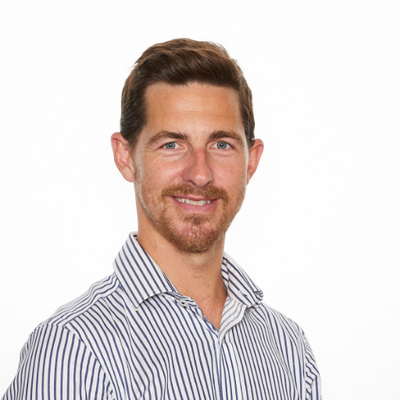
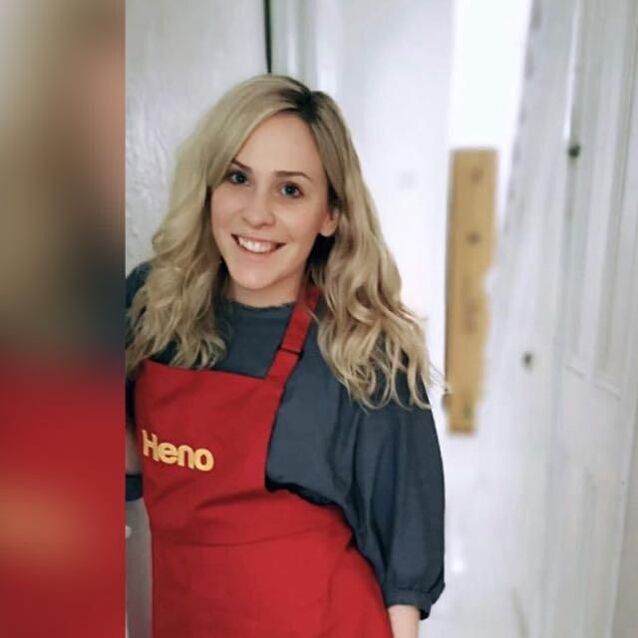
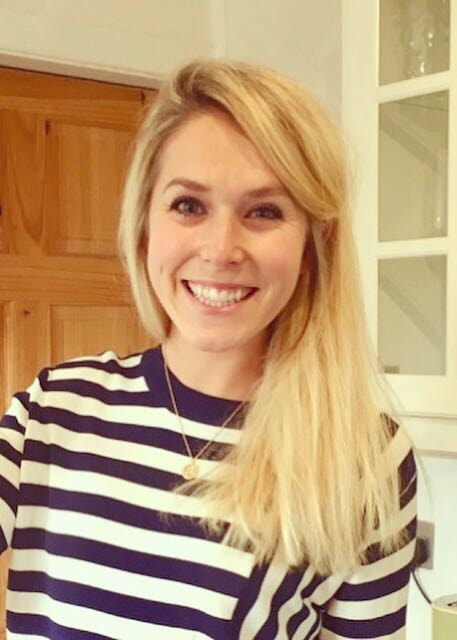
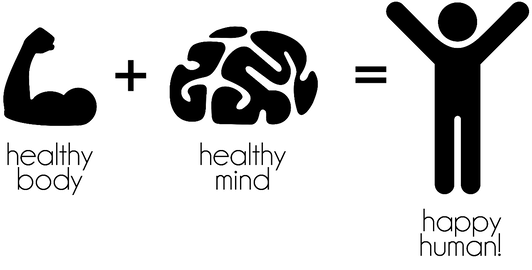



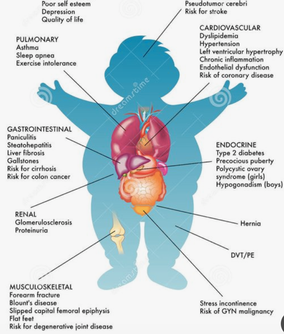
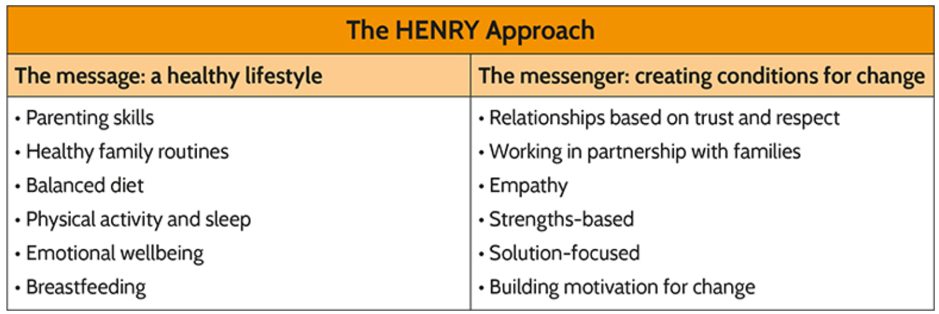
 RSS Feed
RSS Feed
